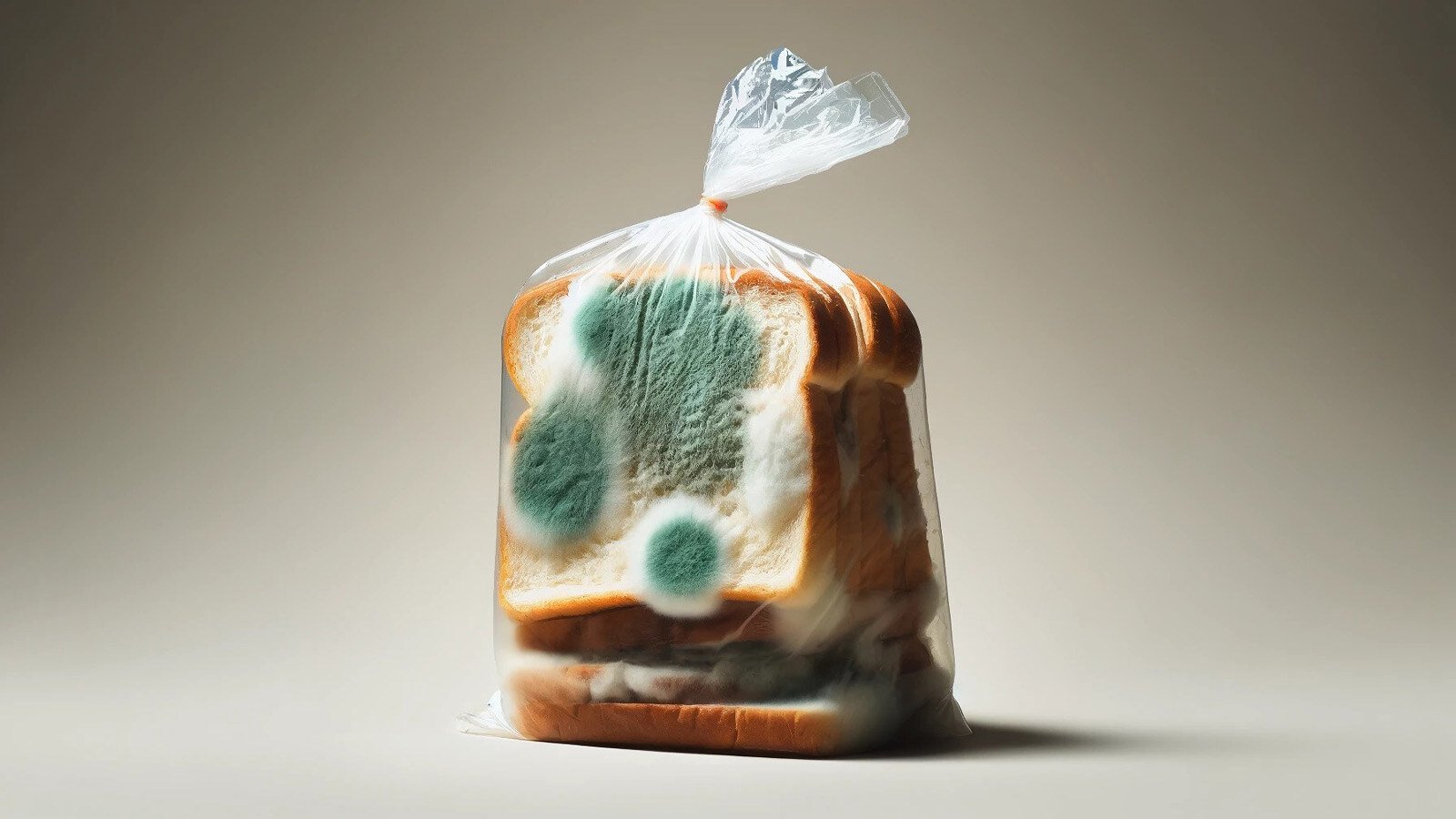At the start of this Zero Waste Week we organized a waste lab to analyze our waste in the office. A key finding was that many packages contained expired food. This resulted in both food waste and incorrectly separated waste, because both the packaging (often plastic) and the food (organic) ended up as residual waste. This is a point of attention for our office, and probably also for other companies. In this blog we therefore analyze the current situation and discuss possible solutions to reduce this waste flow.
The situation and relevance
You probably recognize it. You open the refrigerator in the office and see all kinds of packaging. What belongs to whom? How long has that yogurt been there? Where does that smell come from? There often appear to be products that have been forgotten and have expired. We have seen an increase in this problem since corona and especially after holidays. Long weekends, such as Ascension Day and Pentecost, ensure that food stays around longer. In addition, structural working from home is a factor that means food is more quickly forgotten in the office.

Combating wastage
Food waste is not only a waste of raw materials, water, land and energy, but also contributes to climate change and is ethically unnecessary.
Food wastage in the office: the numbers
Dutch people waste an average of 36 kilos of food per person per year.
In the office, 30% of the food ends up in the trash.
The most wasted products in the office are bread, fruit, yogurt and salads.
Food wastage costs companies money.
Good seperation? Better prevention
Proper waste separation is important, but preventing waste is even better. By producing less waste, we directly reduce the negative impact on the environment. Here are some initiatives and ideas to prevent food waste in the office:
-
Use First Tape: This tape helps to mark foods that need to be used up first. This can reduce food waste by 28%.
-
Behavioral change: Research shows that food waste often happens unconsciously. The Food Wastage Behavioral Model from Wageningen Food & Biobased Research offers practical tools to reduce wastage.
-
Distribute tools and tips: Via the website, social media, savings campaigns, Christmas gifts or events. Inspire your employees to buy, cook and store smarter and provide them with the tools to do this.
-
Canteen layout: Make contents of the refrigerator more visible and create a shelf where everyone can grab food that would otherwise go bad.
- Collective purchasing: Purchasing basic products such as bread, milk and butter together to reduce wastage and encourage collective responsibility.
What are we doing it for? Reduce food wastage by 2030
The Netherlands has committed to the UN SDG 12, which aims to halve food wastage by 2030. This means that we must waste 1 billion kilos less food every year. This amount is equivalent to the food consumption of 2.7 million people for one year. This highlights the urgency and importance of our efforts to combat food wastage, both at home and in the workplace.

What are our observations?
During Zero Waste Week we took a closer look at the canteen and observed several positive trends. Many colleagues already seem motivated to think about the impact of throwing away spoiled food. We notice that most colleagues take their lunch in reusable containers, which helps to reduce packaging waste. In addition, we have removed the residual waste bin, which means that spoiled food now needs to be separated before it can be thrown away at the office. These small changes show that awareness and motivation already have a positive influence.
Two birds with one stone
By tackling the problem of spoiled food, we achieve two goals at once: we reduce food wastage and improve our waste separation by putting packaging in the right bins. While this isn't always easy, it's all about effective communication and developing new habits. Take the time to implement these changes and evaluate progress regularly. Would you like to stay informed about our efforts to reduce wastage and waste in the office? Then follow us on LinkedIn for updates and tips.
Want to know more about zero waste, reducing waste or even better waste separation? Contact Milgro.











